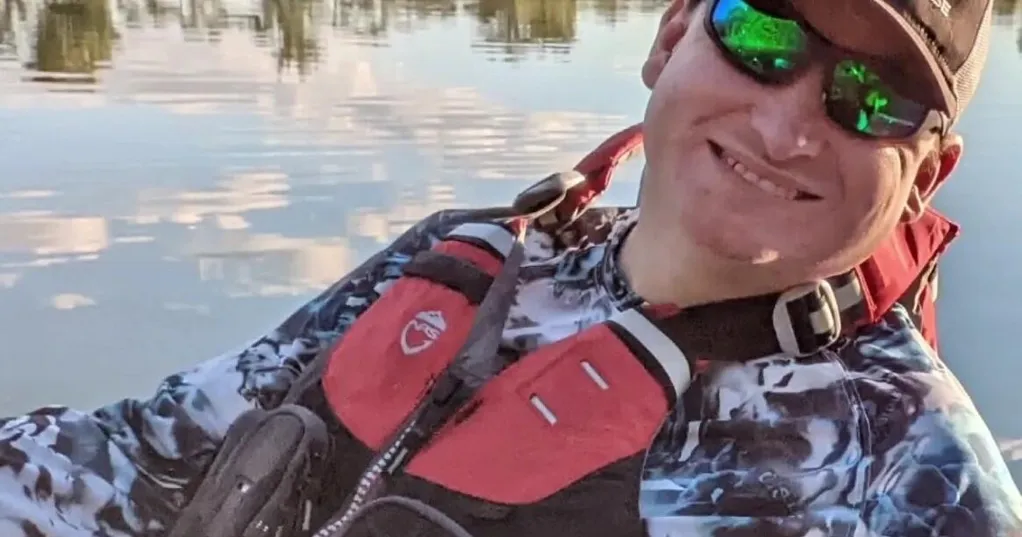The American Cancer Society estimates by the end of 2025, there will be around 150,000 cases of colon cancer in the U.S., and 10% of those will be found in adults younger than 50.
That number is rising each year. Troy Douglas is living through it and wants to share his story to help others.
Douglas loves spending time outdoors; fishing, hiking, taking pictures. He was having the time of his life when he got the shock of his life.
"I was 34 years old, and never thought I would ever be diagnosed with cancer," he said.
Douglas is one of a growing number of Americans born in the 1990s who have developed colon cancer.
"They're actually twice as likely to develop colon cancer, and four times more likely to develop rectal cancer compared to an individual born in the 1950s," said Dr. Tarig Ahmed, an oncologist at Rush University Medical Center.
The big question is why? Ahmed said the short answer is we just don't know.
"We think it's more likely environmental, more likely related to diet; low fiber diet, high intake of ultra processed food," he said. "Certain individuals are also prone to colon cancer if they have inflammatory bowel disease. ... Family history is also a very strong predictor."
But Douglas' case was different.
"No family history, no real major symptoms or anything prior to diagnosis," Douglas said.
He was on a hike late last year when he got winded; very unusual for him. When the fatigue got worse, he went to the doctor.
"They knew, because of my hemoglobin number, that I was bleeding somewhere," he said.
Doctors found a nearly baseball-sized tumor in his transverse colon.
"My lovely wife got to break the news to me," he said. "I was more shocked than scared."
Six months of chemotherapy followed, but Douglas and his family didn't face it alone.
He joined a men's support group at Waterford Place Cancer Resource Center in Aurora, part of Rush University Medical Center.
"Being with the other gentlemen is fantastic because when you say something - I'm fatigued and I can't sleep it off - they understand and have walked that path with you," he said.
Douglas said he's by far the youngest one in his men's group.
"They welcomed me with open arms which was absolutely fantastic," he said. "Everybody's been absolutely amazing."
Waterford Place is a haven where anyone affected by cancer - including caregivers - can find a helping hand at no cost.
Besides support groups, there are classes in meditation, yoga, Pilates, Reiki (a form of Japanese healing) and nutrition; even facials.
"It's so relaxing. It helps take the stress away of having to worry about just everything else going on with your treatments," Douglas said. "It's a good place to come and just be able to let it all go for a while. ... It has changed my life 100%."
Now, happily in remission, Douglas remembers what his surgeon said to him that first shocking day.
"'I'm your surgeon. You're going to get through this.' She held up her end of the deal," he said. "So now it's my turn to hold up the other end."
Douglas said that means becoming a mentor to others.
"Being able to show somebody that this can be beaten, and there's a life after this, is all I would want to do," he said.
Experts said prevention is the best treatment. The American Cancer Society recommends colon cancer screening for most people begin at age 45.
Douglas was only 34 when his cancer hit, so it's important - whatever your age - to know your family history.
If you have pain, bleeding, or changes in your bathroom habits, talk with your doctor right away.
